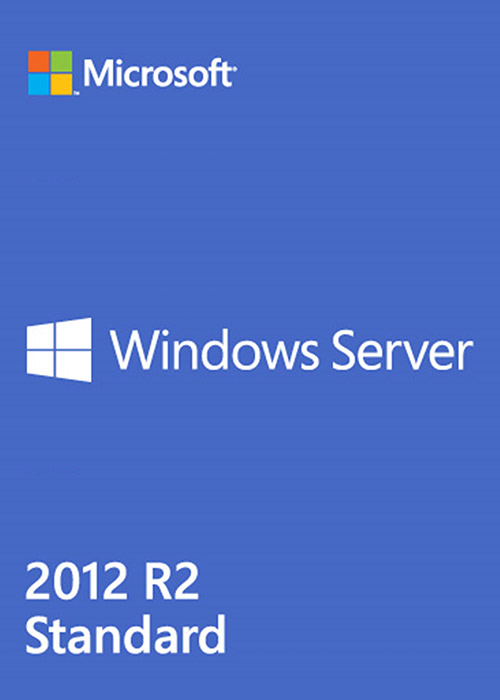

What if you need to run more than two virtual machines on a server with a Standard license? You will have to buy the required number of licenses based on the following consideration: one Standard license allows you to run 2 virtual machines.įor example, you want to license a dual-processor (8 cores per CPU) server with four virtual machines. You do not need to consider licenses for virtual machines with non-Microsoft operating systems. The Datacenter license allows you to run an unlimited number of virtual OSs on a licensed host. If you purchased 8 licenses of Windows Server 2019 Standard and licensed all the physical server cores, you are allowed to run up to 2 VMs with a Windows Server on a licensed physical host.

If you plan to use your physical server as a hypervisor on which several VMs with the Windows Server are running, you need to choose the OS edition depending on the number of VMs that will be running on your server.įor example, you have a dual processor server with total 16 cores. Understanding Windows Server Virtual Machine Licensing All enabled cores on a physical server must be licensed.Now also 16-core WinSvr licenses available, allowing you to quickly license 1 standard physical host (for example, WinSvrSTDCore 2019 SNGL OLP 16Lic NL CoreLic).The following licensing rule is true: 1 * Windows Server 2012 R2 (2 CPU) = 8 * Windows Server 2019 (2 Core) Thus, the licensing cost for one physical 2-processor server with up to 8 cores per socket has not changed. However, you need to buy at least 8 such licenses (for 16 cores) – this is the minimum package for 1 physical host. The cost of one 2-x core license is 8 times reduced comparing to a one single processor license for Windows Server 2012 R.1 license of Windows Server 2016 allows you to license 2 physical cores on a single server (i.e., Microsoft ships two core licenses).Note the main points of Windows Server 20 licensing model: This is due to the tendency of CPU and server manufacturers to increase not the number of processors, but the number of cores on a single socket (Microsoft doesn’t want to lose profits when customers start to widely use multi-core servers). Microsoft switched from the licensing model of physical processors to the core licensing model (Core-based) in Windows Server 2016 and Windows Server 2019. For example, for a 4-processor server you will need 2 Windows Server 2012 R2 licenses. If a physical server has more than two processors, you will have to buy one license for each pair of processors. You cannot split one license for two single-processor servers (in this case you will have to purchase two Windows Server licenses). one license covers up to two processors (sockets) located in one physical server (cores are not processors!). One license of Windows Server 2012 R2 allows you to run the OS on one single- or dual-processor server. Per-Socket Licensing in Windows Server 2012 R2 It should be noted that Web Server edition has been eliminated completely. These OSs have a number of specific limitations and no rights for virtualization. We don’t consider Essentials and Foundation Windows Server editions, since they are designed for small businesses. In fact, when choosing Windows Server 2012 R2 Edition you need to decide whether you will use virtualization or not. In Windows Server 2012 R2 Datacenter – you can run an unlimited number of virtual machines on a single physical host (recall that such virtual machines can be easily activated using the AVMA – Automatic Virtual Machine Activation).Windows Server 2012 R2 Standard – the license allows to run only up to two virtual machines.It means that you choose the edition depending only on the number of virtual machines on the physical host instead the availability of the required features. The features of the Standard and Datacenter editions of Windows Server 2012 R2 is almost identical except for the license rights to run virtual machines. In most cases, when considering the Windows Server licensing model, it is advisable to consider the Standard and Datacenter Windows Server editions. Calculating Windows Server Licenses for Virtualization.Windows Server Licensing and VMs Migration between Physical Hosts.Understanding Windows Server Virtual Machine Licensing.Per-Socket Licensing in Windows Server 2012 R2.


 0 kommentar(er)
0 kommentar(er)
